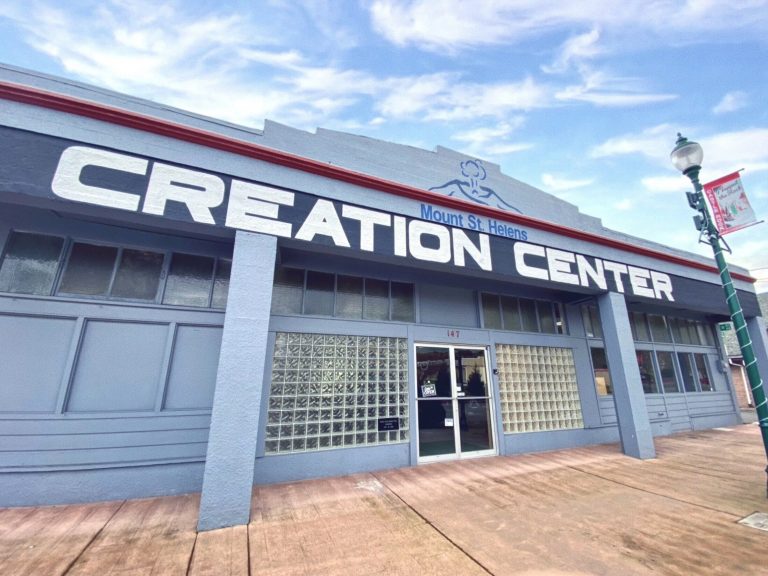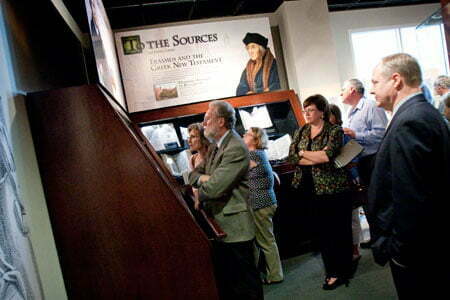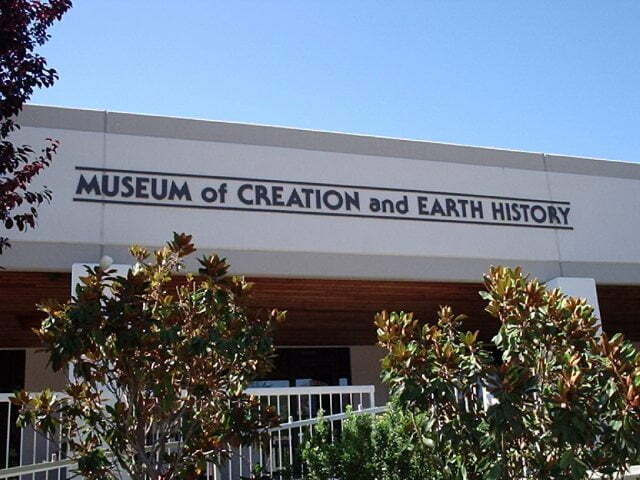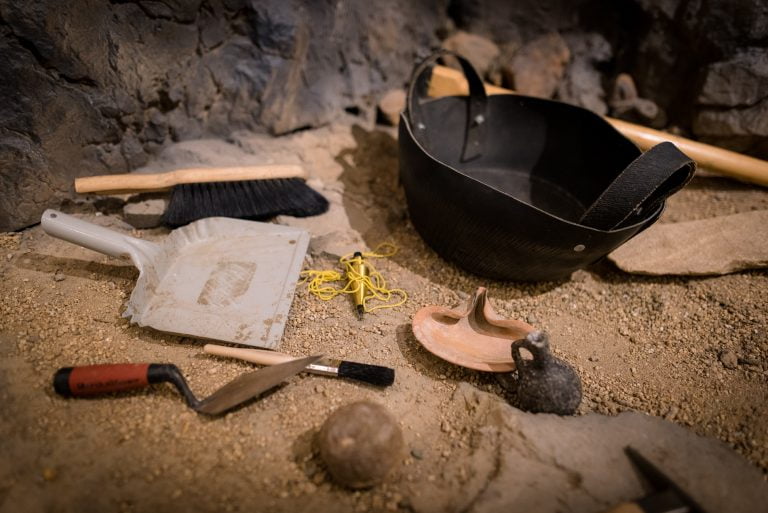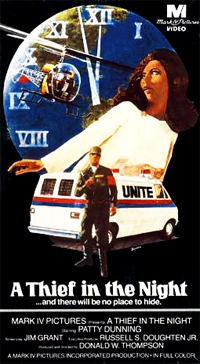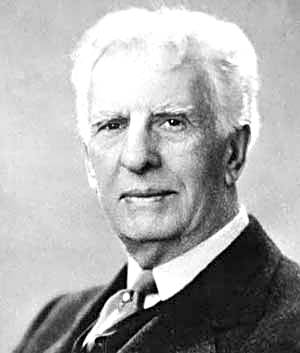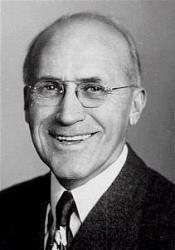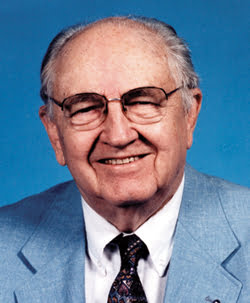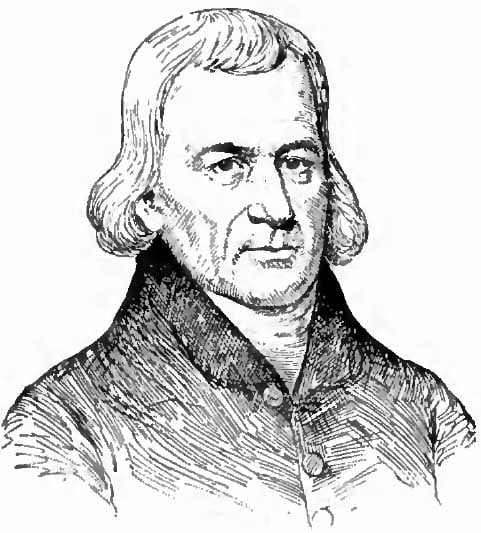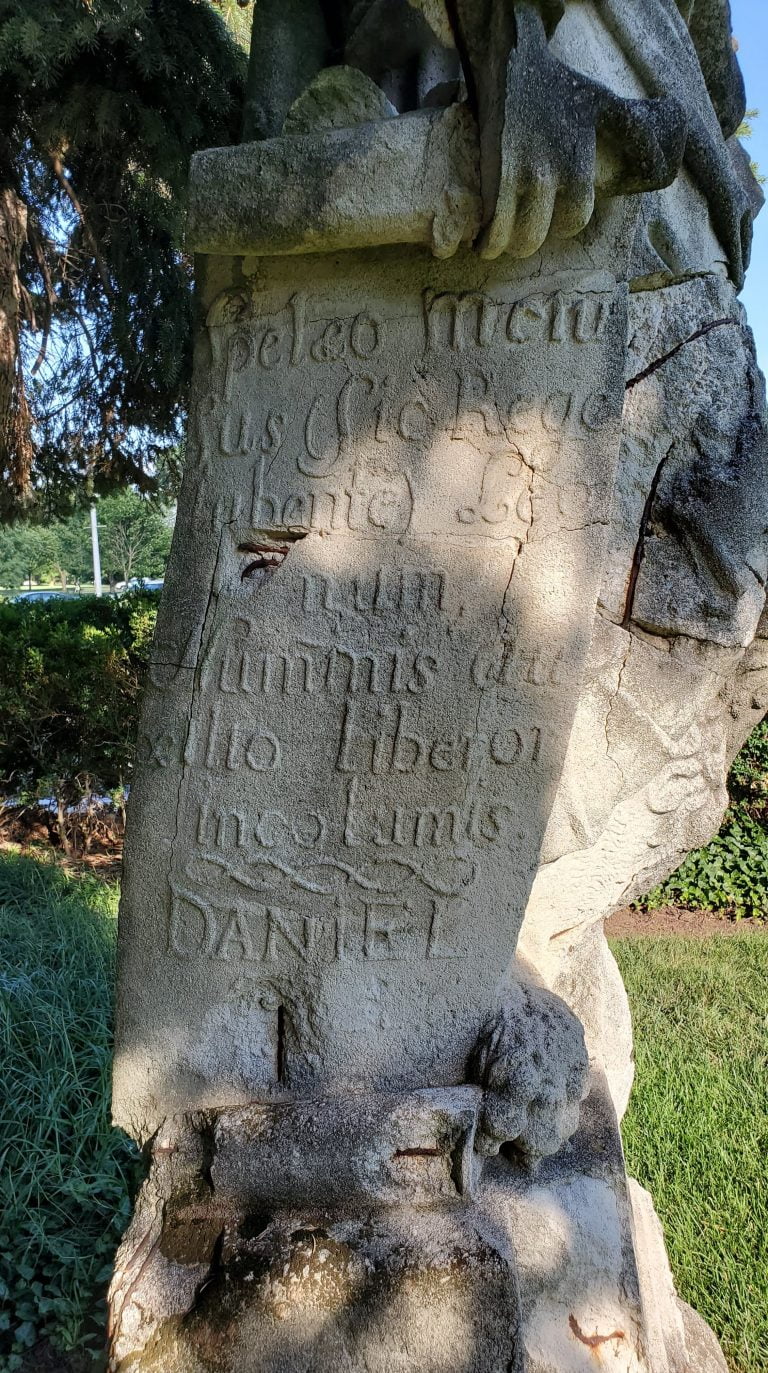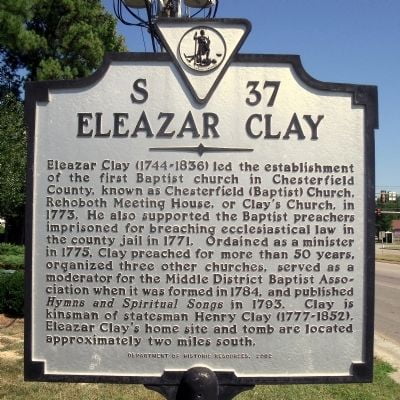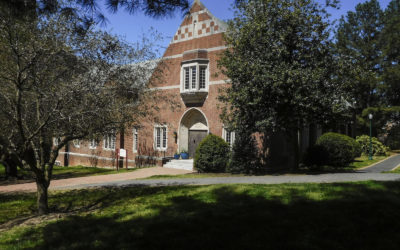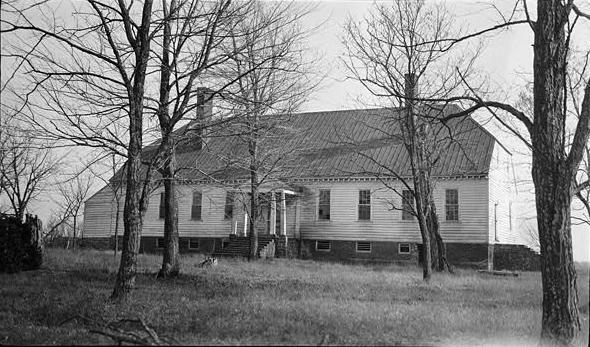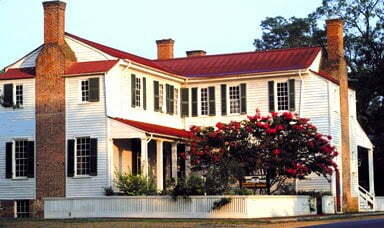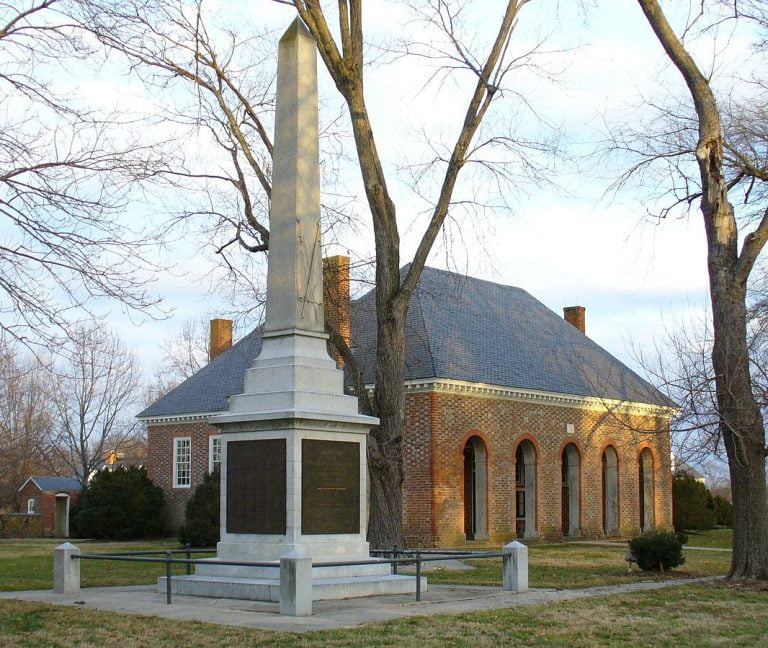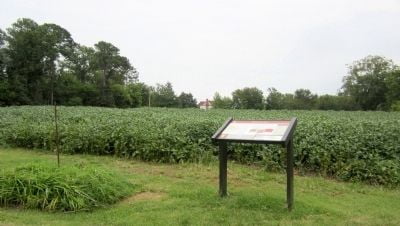Favorite
Lloyd and Doris Anderson started the museum that is now known as the Mount St. Helens Creation Center to share the impact of the volcano that transformed Washington state. On March 15th, 1980, a series of earthquakes began, followed by avalanches, fractures, and ash clouds. Then, it appeared to stop on May 16th, and the area residents started demanding to Read more...
Favorite
If you’re in Colorado Springs, we’d be delighted to have you visit our Welcome Center, located directly off the interstate! We’ve welcomed more than five million guests through our doors since opening the Welcome Center in 1994. Guests can become better acquainted with Focus on the Family through a self-guided walking tour, as well as have fun with their Read more...
Favorite
From website: The Dunham Bible Museum, with its extensive collection of rare Bibles, is dedicated to telling the story of the most important book in the world. On public display are: ancient manuscripts decoratively illuminated medieval Scriptures examples of the earliest printed Bibles the earliest Bibles in English the earliest Bibles printed in America Bible translations from across the centuries Read more...
Favorite
Modern creationism, the idea that God created the world in six literal days approximately 6,000 years ago, and following that, a worldwide flood occurred, was championed by George McCready Price, a Seventh Day Adventist, starting in 1902. Williams Jennings Bryan unsuccessfully recruited him as a witness for the Scopes Trial. The “flood geology” movement grew to include conservative Lutherans, and Read more...
Favorite
From website: The Woodland Museum of Biblical Archaeology is one of the many ministries of Woodland United Fellowship, a local church in Woodland, California. The Museum is open to the public and provides opportunity to learn more about the history, culture, land, and people of the Bible. We have hosted Archaeological Symposiums, educational and spiritual journeys to the Biblical Lands, Read more...
Favorite
At a Christian broadcasting convention, a friend of mine introduced me to Russell S. Doughten Jr. He looked vaguely familiar, until my host reminded me about his film, A Thief in the Night. In 1972, Doughten and Donald W. Thompson formed Mark IV Productions. Shooting in his native Iowa, he would tell the story of the world’s last days as Read more...
Favorite
From Wikipedia: William Bell Riley (March 22, 1861 in Greene County, Indiana, USA – December 5, 1947 in Golden Valley, Minnesota) was known as “The Grand Old Man of Fundamentalism.” After being educated at normal school in Valparaiso, Indiana, Riley received his teacher’s certificate. After teaching in county schools, he attended college in Hanover, Indiana, where he received an A.B. degree in 1885. In 1888 he graduated from the Southern Read more...
Favorite
Section 20, Lot 120 Author of Wonderful Grace of Jesus: 1. Wonderful grace of Jesus, Greater than all my sin; How shall my tongue describe it, Where shall its praise begin? Taking away my burden, Setting my spirit free; For the wonderful grace of Jesus reaches me. Refrain: Wonderful the matchless grace of Jesus, Deeper than the Read more...
Favorite
Henry Madison Morris (October 6, 1918 – February 25, 2006) was an American young Earth creationist, Christian apologist, and engineer. He was one of the founders of the Creation Research Society and the Institute for Creation Research. He is considered by many to be “the father of modern creation science.”[2] He is widely known for coauthoring The Genesis Flood with John C. Whitcomb in 1961.[2][3][4] As Morris believed in the biblical literalism and inerrancy, he opposed Read more...
Favorite
Wikipedia: Francis Asbury (August 20 or 21, 1745 – March 31, 1816) was one of the first two bishops of the Methodist Episcopal Church in the United States. During his 45 years in the colonies and the newly independent United States, he devoted his life to ministry, traveling on horseback and by carriage thousands of miles to those living on the frontier. Asbury spread Methodism in British colonial Read more...
Favorite
The Prophet Daniel (Image Credit: (13) Facebook. www.facebook.com/photo.php?fbid=1088959693232777&id=100063562690733&set=a.720653793396704.) As a good patriotic American, you will come to Washington D.C. several times. On your first visit, you will want to see the Capitol, wander thru the Supreme Court, sample a couple of the Smithsonians on the National Mall, gaze up to the Washington Monument, see the fortified Lincoln Memorial, contemplate in Read more...
Favorite
From FairfieldCulturalDistrict: In 1907 Billy Sunday held revival services in a 3000-seat tabernacle at this address, which was later dismantled and reconstructed at Chautauqua Park, and then used until 1931. Billy Sunday, born in Ames, Iowa, after 8 years as a professional baseball player, became an evangelist in 1896. Very popular until his death in 1935, he is said to Read more...
Favorite
From Marker: Eleazar Clay (1744-1836) led the establishment of the first Baptist church in Chesterfield County, known as Chesterfield (Baptist) Church, Rehoboth Meeting House, or Clay’s Church, in 1773. He also supported the Baptist preachers imprisoned for breaching ecclesiastical law in the county jail in 1771. Ordained as a minister in 1775, Clay preached for more than 50 years, organized Read more...
Favorite
The Chesterfield County Museum, at 6813 Mimms Loop, is a replica of the 1749 courthouse where magistrates, during 1770-74, sentenced seven Baptist preachers to jail for preaching Christ without state-church approval. Where the jail once stood, there now stands the Religious Freedom Monument, a grantie memorial with a bronze tablet inscribed to the memory of those Baptist preachers. See the section, “Virginia Read more...
Favorite
The grave of notable Baptist, John Weatherford, lies in a wooded area near Shockoe Baptist Church, at 16 Spring Garden Road. His tomb inscription reads Elder John Weatherford A devoted Baptist Minister Born in 1740, began to preach in 1764. He lay in Chesterfield jail in 1773 5 months for preaching. He moved to Halifax in 1813 and died Jan. 23, Read more...
Favorite
The lock and key belonging to the Culpeper Jail in the 1770s is a treasured relic preserved by the Virginia Baptist Historical Society in Richmond. Featured Image Credit: News and Events | Virginia Baptist Historical Society & Center for Baptist Heritage & Studies. baptistheritage.org/news-events. Read more...
Favorite
From Plaque: Scotchtown is best known as the site from which Patrick Henry rode to Richmond in March of 1775 to deliver his infamous “Liberty or Death” speech. . Some have even suggested that the house, where he had been forced to confine his wife Sarah due to her increasingly poor mental health, inspired his greatest speech. But the Henry Read more...
Favorite
From Wikipedia: A view looking across Route 301 from the courthouse green to the Hanover Tavern. Patrick Henry stayed at a predecessor tavern when he argued his famous Parson’s Cause at the Hanover Courthouse. Featured Image Credit: BrandlandUSA at English Wikipedia, Public domain, via Wikimedia Commons Read more...
Favorite
From Wikipedia: Hanover County Courthouse is a historic courthouse located in the community of Hanover Courthouse, the county seat of Hanover County, Virginia. Built about 1735, it is one of the nation’s oldest courthouses still in use for that purpose. It is historically notable as the site of the Parson’s Cause case, which was argued by Patrick Henry in 1763. It was designated a National Historic Landmark in 1973.[2] A modern courthouse Read more...
Favorite
Only archaeological remnants of Studley survive today, but in the 18th century this was the site of an impressive two-story brick house. Studley was built by John Syme in the 1720s for his wife Sarah Winston. After his death, she married John Henry. The couple’s nine children were born at the house, including their son, Patrick Henry, who was born Read more...
